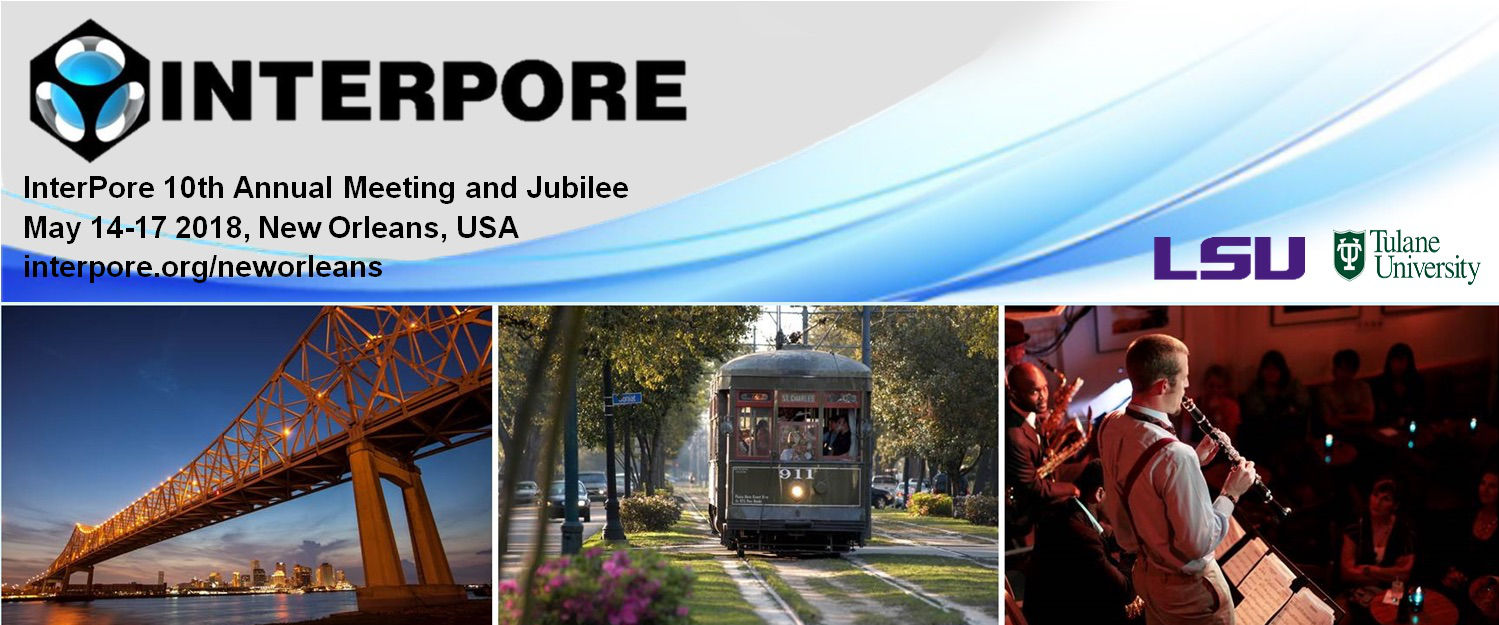Speaker
Description
Channel fracturing, as a novel technology, has reveived increasing attention in recent years due to its great advantage in promoting the fracture conducitivity as well as reducing consumtion of water and proppant. The open channels created by heterogeneous distribution of proppant are the priority path for oil or gas to pass instead of the pores exist in proppant pack. Since the flow pattern has been changed from Darcy flow to the flow mode dominated by Navier-stokes percolation by this technique, traditional method to calculate and predict its permeabity may not that accurate and appropriate. So this full paper presents a new model to measure the flow capacity of channel fracturing combined with a power law embedment model. The new approach is based on Navier-Stokes equation instead of Darcy-law to compute fracture permeability in channel fracturing. Besides, four influencing, namely, fracture height, propant pillar size, proppant area friction and embedment, are investigated to analyse their effect on permeability. The proposed analytical model is found to in good agreement with the experimental data, which verifies the precision and the feasibility of this model. Based on this model, this paper can provide a theoretical basis for channel fracturing design to evaluate the key factor governing the conductivity(permeability), which is helpful to providing a reference for proper pulse time and pumping rate optimization.
| Acceptance of Terms and Conditions | Click here to agree |
|---|


